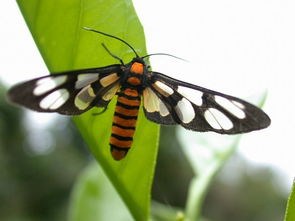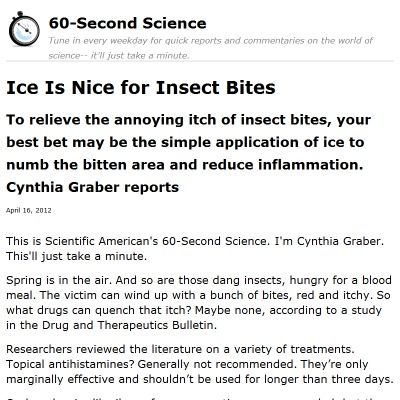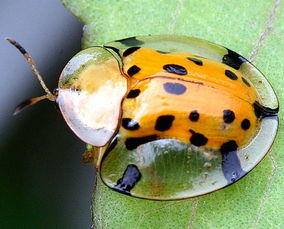
Medication for Insect Bites: A Comprehensive Guide
Dealing with insect bites can be quite an inconvenience, especially when they cause discomfort or lead to allergic reactions. The right medication can make a significant difference in alleviating the symptoms and ensuring a quicker recovery. In this article, we will delve into various types of medications available for insect bites, their uses, and how to choose the most suitable one for your needs.
Over-the-Counter (OTC) Remedies

Over-the-counter remedies are the most accessible options for treating insect bites. They include antihistamines, hydrocortisone cream, and calamine lotion. Here’s a closer look at each:
| Medication | Description | Use |
|---|---|---|
| Antihistamines | Medications that block the effects of histamine, a substance released by the body during an allergic reaction. | Relieve itching and reduce swelling caused by insect bites. |
| Hydrocortisone Cream | A corticosteroid cream that reduces inflammation and itching. | Apply to the affected area to reduce swelling and itching. |
| Calmoseptine Lotion | A lotion that contains calamine and other ingredients to soothe the skin. | Apply to the affected area to relieve itching and dry out blisters. |
Prescription Medications

In some cases, over-the-counter remedies may not be sufficient to treat severe allergic reactions or infections. In such instances, a doctor may prescribe stronger medications. Here are some common prescription options:
- Antibiotics: Prescribed for infected insect bites, such as those caused by mosquitoes or ticks.
- Antihistamines: Stronger versions of OTC antihistamines, which may be prescribed for severe allergic reactions.
- Immunosuppressants: Used in rare cases when the body’s immune response is overactive.
Home Remedies

While not a substitute for medical treatment, some home remedies can help alleviate the symptoms of insect bites. Here are a few options:
- Ice Pack: Apply an ice pack to the affected area for 10-15 minutes to reduce swelling and numb the area.
- Baking Soda Paste: Mix baking soda with water to create a paste and apply it to the bite to soothe the skin and reduce itching.
- Aloe Vera: Apply aloe vera gel to the bite to soothe the skin and reduce inflammation.
Preventing Insect Bites
Preventing insect bites is always better than treating them. Here are some tips to help you avoid getting bitten:
- Wear Protective Clothing: Long sleeves and pants can help protect your skin from insects.
- Use Insect Repellent: Apply insect repellent containing DEET or picaridin to exposed skin and clothing.
- Stay in Well-Lit Areas: Insects are more likely to bite in dark, damp areas.
- Remove Standing Water: Insects, such as mosquitoes, breed in standing water. Empty containers, birdbaths, and other sources of standing water.
Conclusion
Dealing with insect bites can be a nuisance, but with the right medication and preventive measures, you can minimize the discomfort and reduce your risk of developing complications. Always consult a healthcare professional if you have concerns about your insect bites or if you experience severe symptoms.







